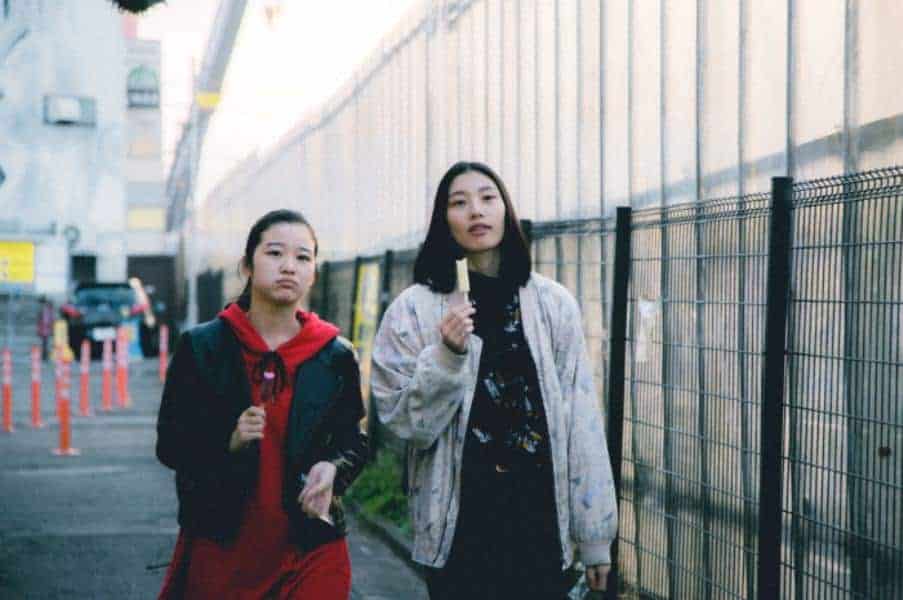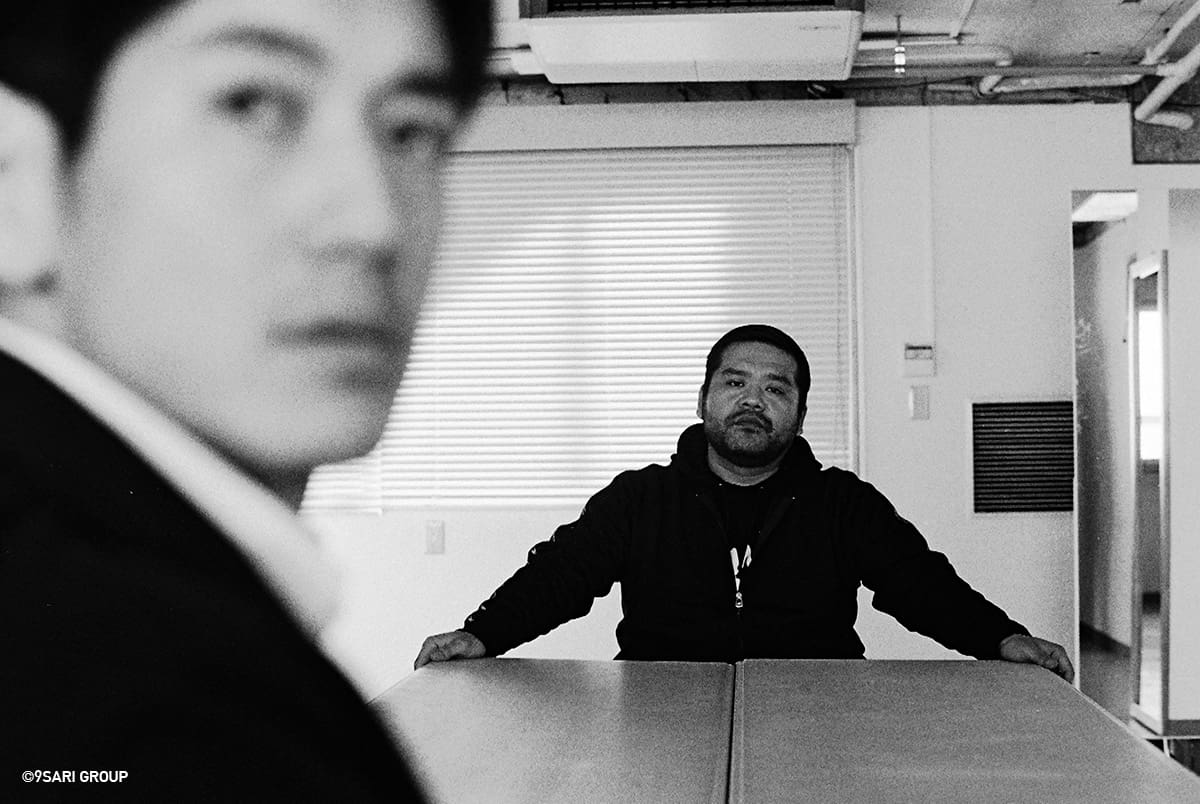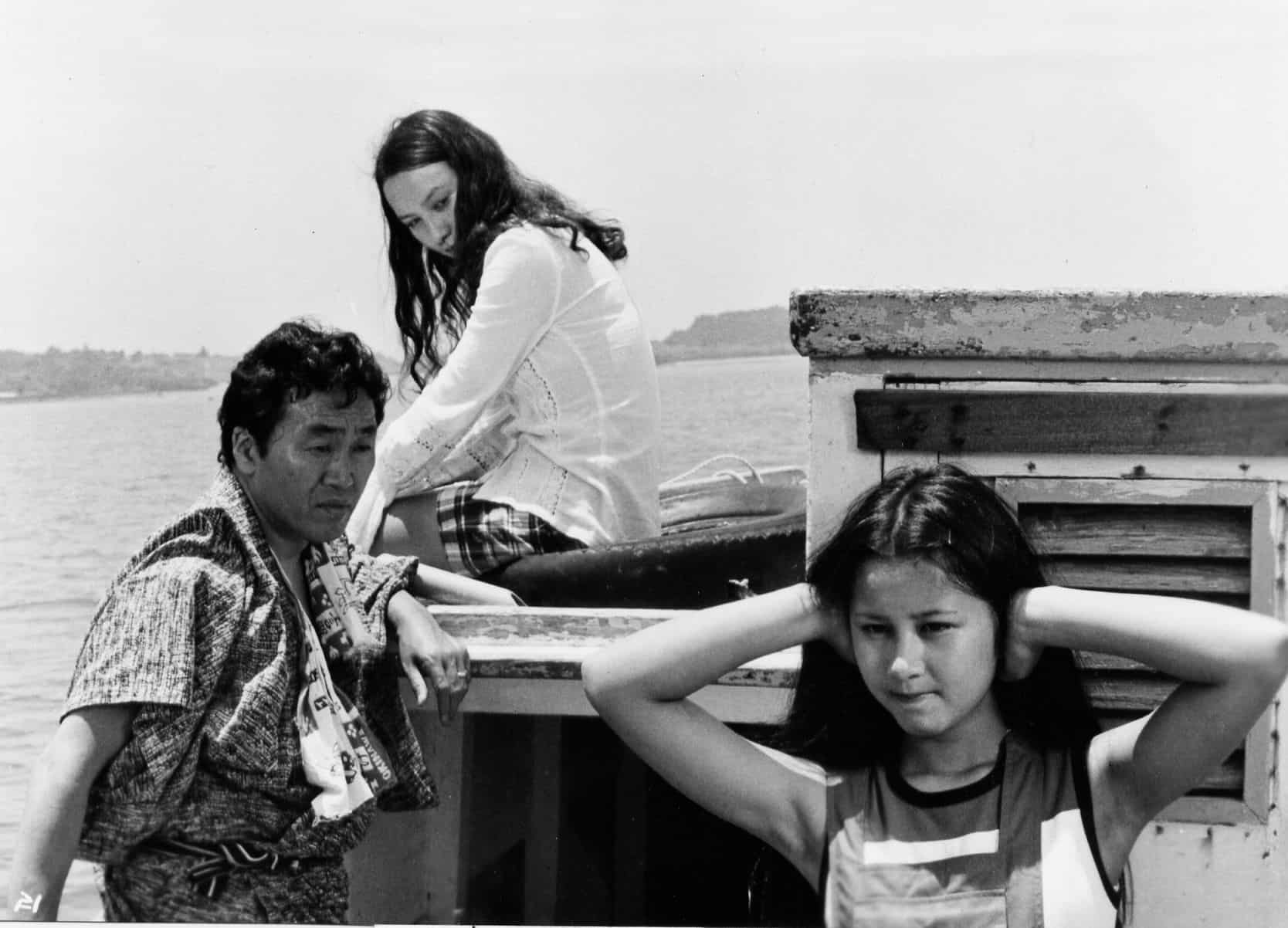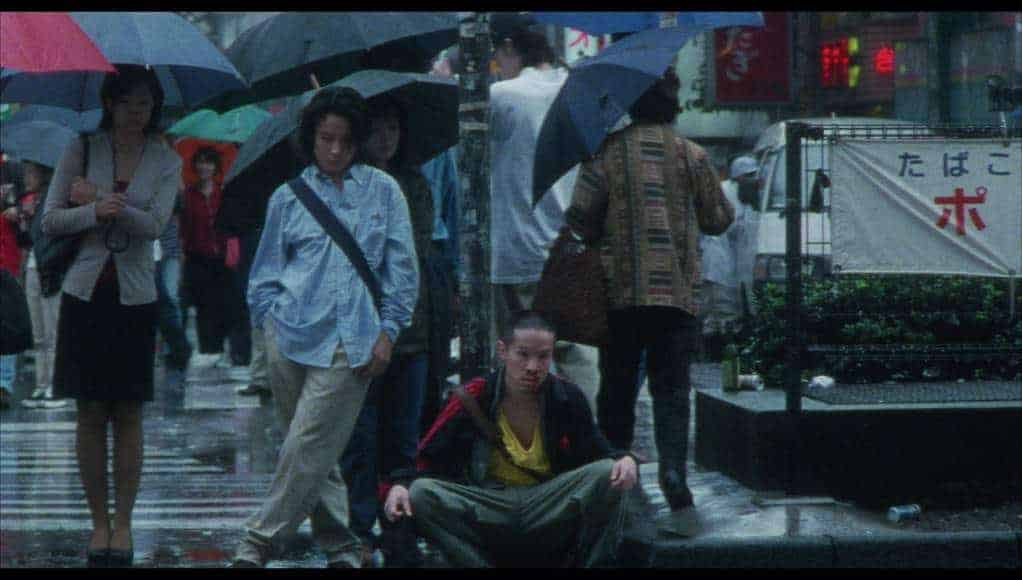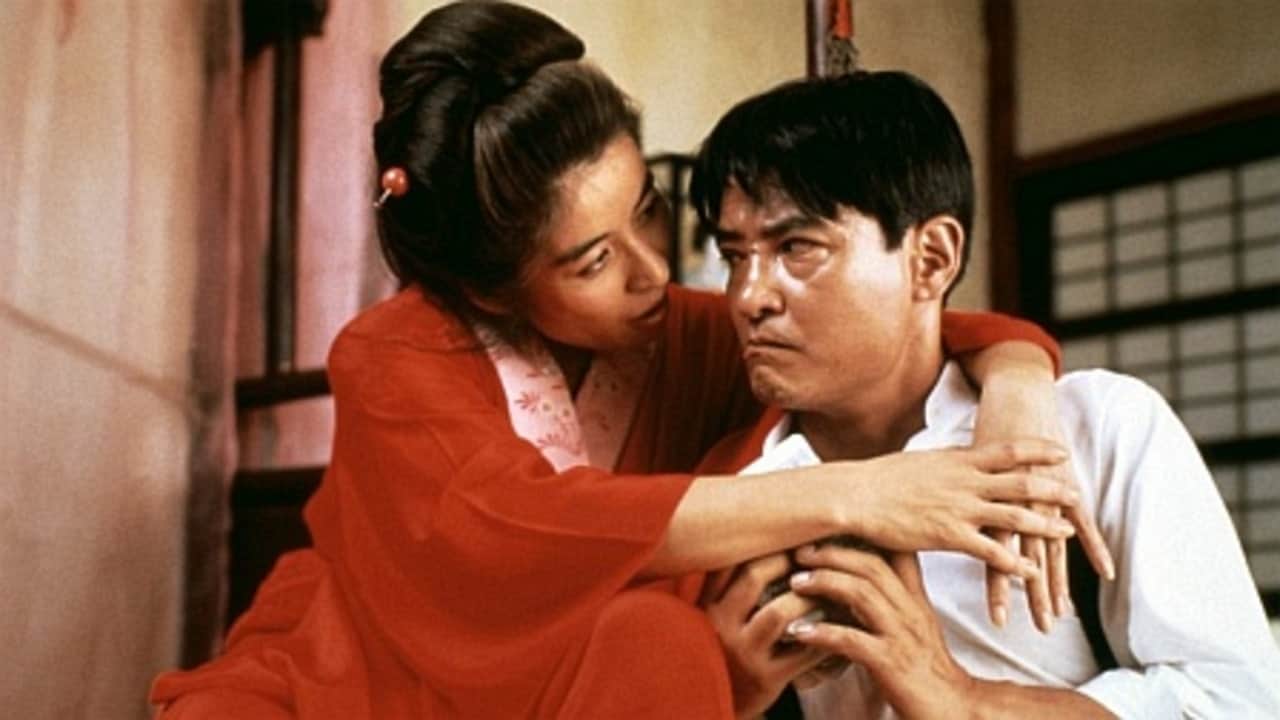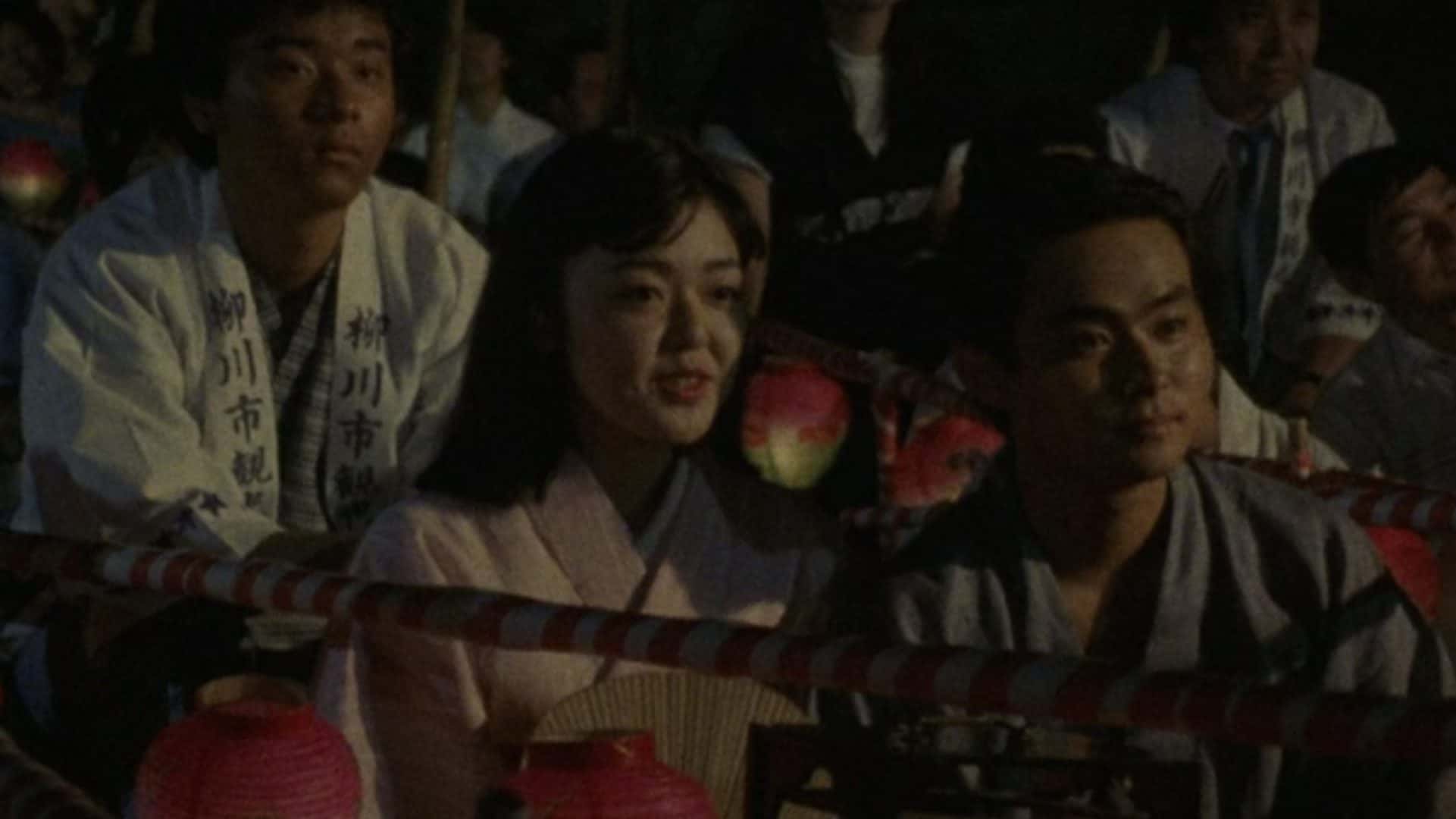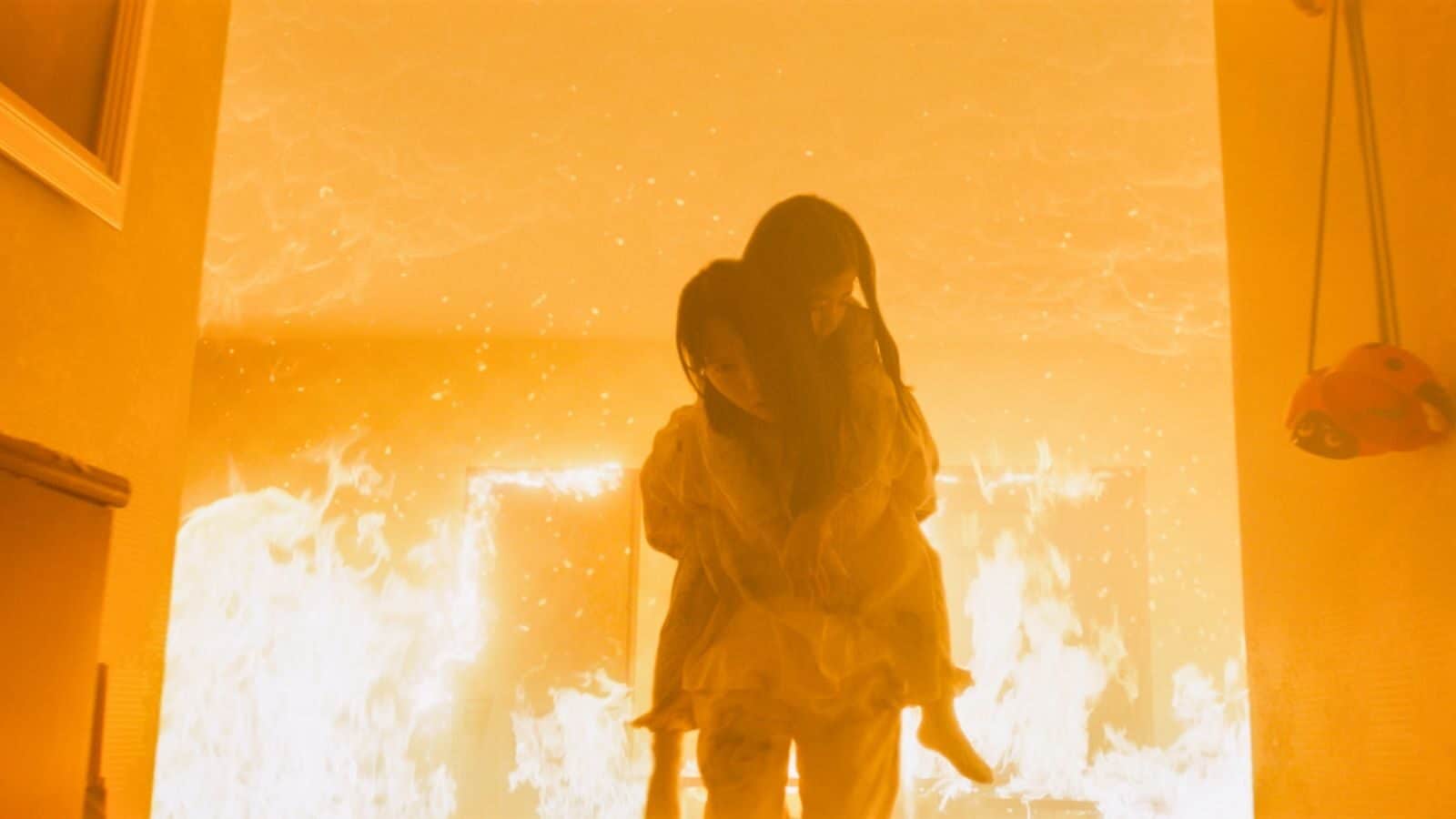With mainstream movies increasingly reliant on CGI and green screen, indie cinema has to get more creative with its “special effects.” As a result, increasingly the media format can be as important and notable as the film itself; 2015's “Tangerine” is as much known for it's use of iPhones to shoot as much as its storyline. This idea is one that sticks in your mind when watching Daigo Matsui's “Ice Cream and the Sound of Raindrops.”
Ice Cream and the Sound of Raindrops is screening at Nippon Connection
Six teenagers are rehearsing for a small town production of British playwright Simon Stephen's “Morning” – infamous for being “Shocking and savage.” As such, the director asks the young cast to bring out themselves in their performances, not focusing too much on the story. This proves a struggle for some of the actors, and the director and producer let their thoughts be known.
Ultimately, as rehearsals progress, the production is cancelled, much to the actors' frustration. But they continue to “rehearse” regardless, breaking into the theater where they were due to perform for their opening night, taking to the stage.
Filmed in one take, this is a play within a film where the boundaries between fact and fiction are blurred. Read-throughs of the script are framed in widescreen, disappearing when returning to the real world. But with the cast's real names used, the impromptu rehearsals that they continue to perform become one non-linear narrative, as they grow into the roles and bring out the performances the director was looking for.
Kokoro (Kokoro Morita) is the central figure of the film; the other actors acting out their scenes with her. In front of their elders, their performances are stifled, though when rehearsing alone, the performances are stronger, making the script almost reflect the actors' own lives.
“Ice Cream…” is a film that places a lot of demands on all involved. One take naturally comes with a lot of risks, particularly when switching between locations with a young and relatively novice cast. The actors have to switch between being “themselves” and their characters, requiring continuous changes in mood and tone. This can perhaps lead to moments of over-acting, but this is more theater than cinema, and does not feel too out of place.
Covering a number of weeks in one take, close-ups and monologues are used to break-up the narrative, as well as musical interludes from Moroha, ever-in-wait in the corner of the scene. These switches are handled well and the film has a natural flow, despite the continual switching of theme and context.
Director Daigo Matsui heads his own theater company, and so the film naturally feels like watching a play unfold. This minimalist feel is reminiscent of recent films such as “Make-up Room” and “Be My Baby“, and following a recent trend of plays being filmed and shown in cinemas, there could be an increase in one-take films.
But does the method overshadow the film itself? The story is secondary, with only segments of the play actually performed and with blurring the lines between “reality” and the play, not enough of the actors is fully explored to develop much of an attachment to any, resulting in a less-than-satisfying whole, by the conclusion.
But this is commendable filmmaking from a director taking a risk, and while the story itself may not deliver overall, the experimentation succeeds and can teach a few things to filmmakers at all levels.


